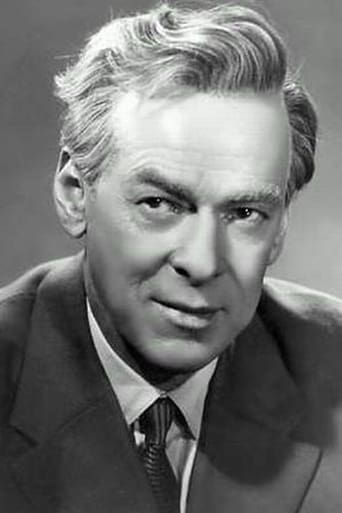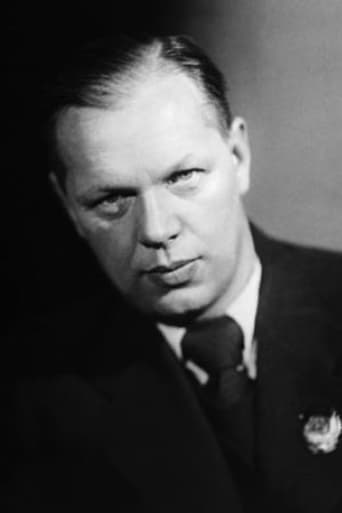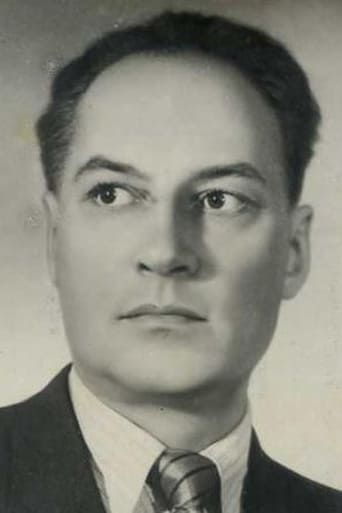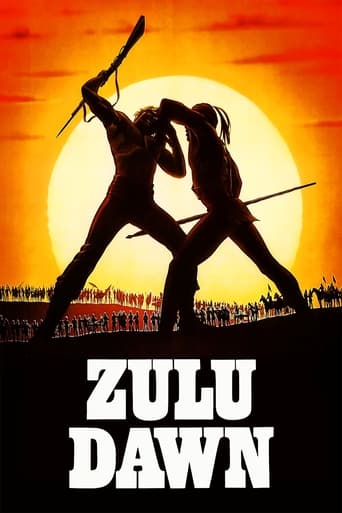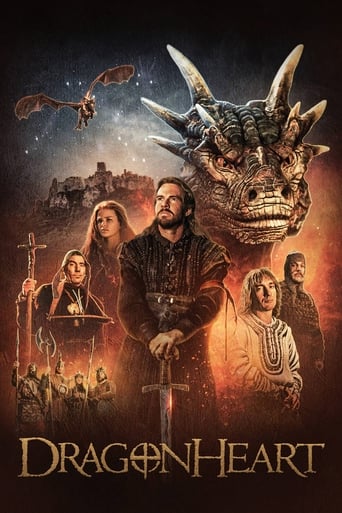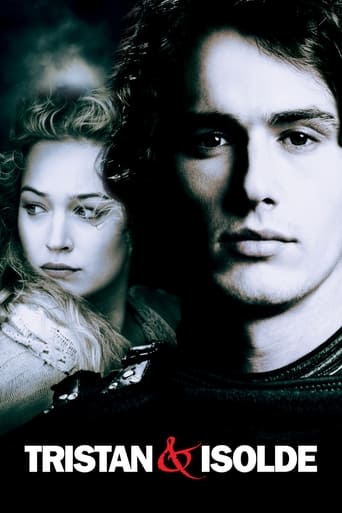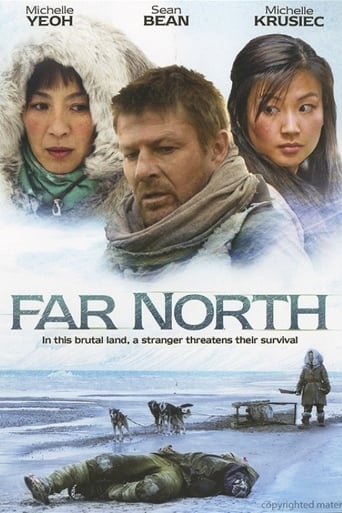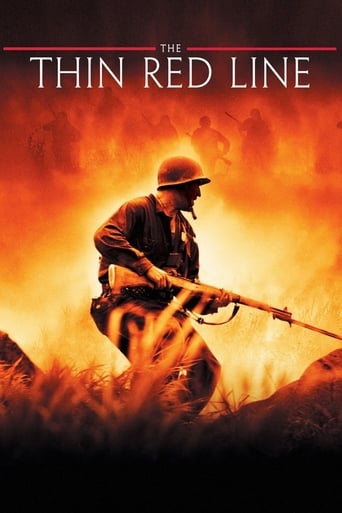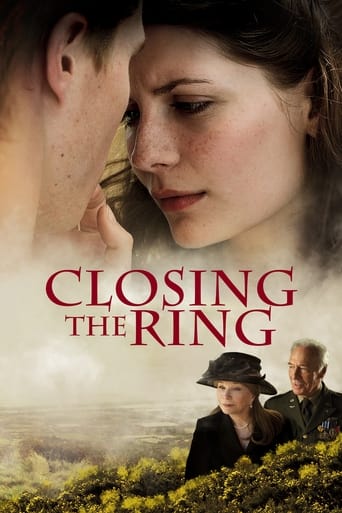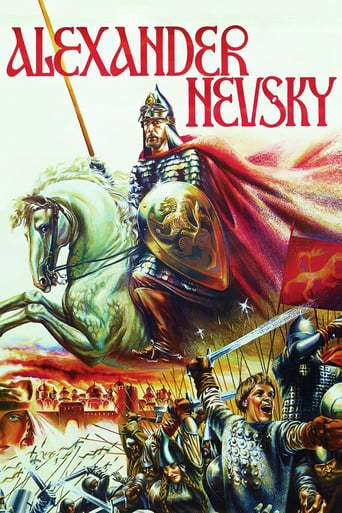
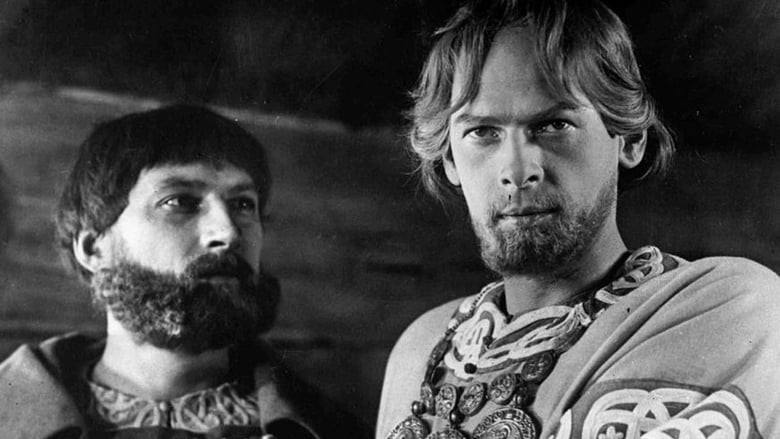
Alexander Nevsky (1938)
When German knights invade Russia, Prince Alexander Nevsky must rally his people to resist the formidable force. After the Teutonic soldiers take over an eastern Russian city, Alexander stages his stand at Novgorod, where a major battle is fought on the ice of frozen Lake Chudskoe. While Alexander leads his outnumbered troops, two of their number, Vasili and Gavrilo, begin a contest of bravery to win the hand of a local maiden.
Watch Trailer
Cast
Similar titles
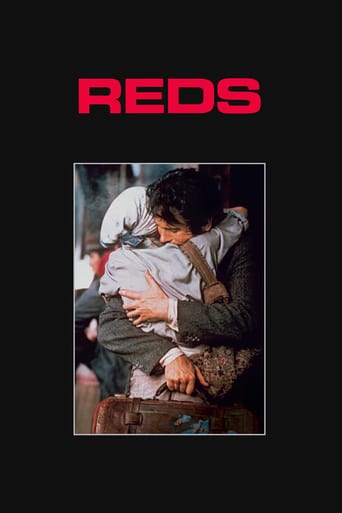
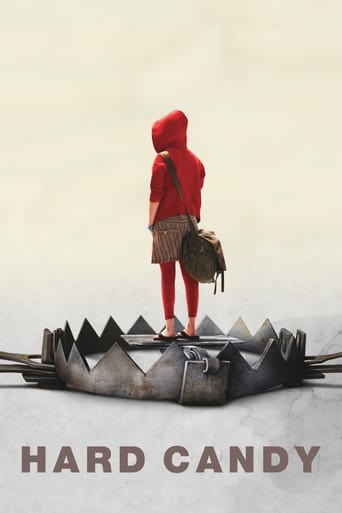
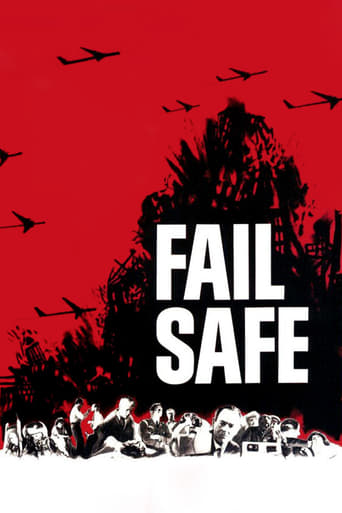
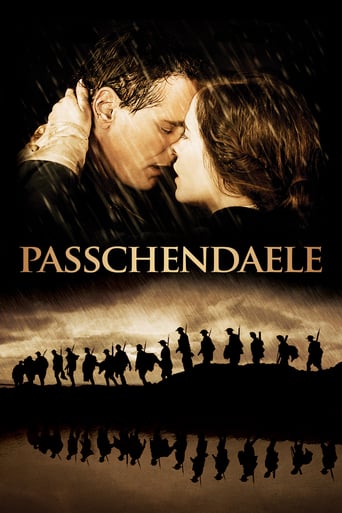
Reviews
Plot so thin, it passes unnoticed.
It's funny, it's tense, it features two great performances from two actors and the director expertly creates a web of odd tension where you actually don't know what is happening for the majority of the run time.
Each character in this movie — down to the smallest one — is an individual rather than a type, prone to spontaneous changes of mood and sometimes amusing outbursts of pettiness or ill humor.
The plot isn't so bad, but the pace of storytelling is too slow which makes people bored. Certain moments are so obvious and unnecessary for the main plot. I would've fast-forwarded those moments if it was an online streaming. The ending looks like implying a sequel, not sure if this movie will get one
Clearly a propaganda film against Germany, Teutonic Knights stands for the Nazis in this jingoistic portrayal. But Eisenstein doesn't simply make a propaganda film, he revolutionized cinema through another propaganda film Battleship Potemkin but here there were co-directors and writers who specifically tried to keep him from going experimental and give a proper narrative. That may have affected a bit negatively but still, he made one of the most epic war films that have only aged a little by now. The cinematography and background score is absolutely terrific. The score and many of the sequences have been copied throughout the history of films where many of them have been hailed later as classics. Aside from the technical side even though the story and the characters are plain the film always pushed the propaganda to its margins. For a propaganda film, the amount of brutality of war and human suffering showed is quite much. The inclusion of all kinds of people in war, their bravery and showing a woman as the bravest soldier etc in that time is quite remarkable.
In the late 1930s, Nazi Germany and Communist Russia were already deadly enemies, ideologically and in reality in the Spanish Civil War, and Hitler was orating expansively about conquering and enslaving "inferior" Slavs and colonizing the East, quite like the Catholic Teutonic Knights had attempted to do on their Eastern Crusades against Orthodox Slavs.Film-making was still in its infancy with creative geniuses exploring all its potential. One of those geniuses was Sergey Eisenstein, who (after misadventures in the West) directed one of the greatest patriotic films of all time, Alexander Nevsky.And Sergey Prokofiev's musical score splendidly heightens the film's impact and has become treated as classical music itself (leading me to wonder why American film scores aren't treated the same way).With war between Greater Germany and the Soviet Union appearing imminent, this story was an appeal to Russians' ethnic tradition of endurance, resistance, and victory against aggression from the West.The Teutonic Knights appear formidable and cruel, dressed in heavy armor and helmets (including one with a hand giving an obviously Nazi salute) and throwing babies into the flames of the taken and destroyed city of Pskov. Panicked, the city fathers of Novgorod go to Prince Aleksandr Nevskii, asking him to raise an army of peasants and nobles to fight the Teutons and save Novgorod ... and Russia ... from enslavement.And this he does. Some of the filmed scenes are fascinating, of The Battle on Ice - on what is now Lake Chud, or Peipus as you prefer - for example. Armies are fighting on ice, and when that breaks under the heavier German armor you see knights and men at arms slipping and sliding down into the icy water to drown. (The battle on ice scene in Jerry Bruckheimer's recent film King Arthur is directly reminiscent.) Some of the Germans, like the priests and organist, are ridiculed caricatures, and the Russian traitors are dealt with contemptuously - and theatrically. One of the funniest and presumably unrehearsed shots is of Nevsky and his aide riding toward the camera across the ice before the battle. The aide's horse (and the aide) slip on the ice and go sprawling, then to re-mount and ride on.But the message of the film - which is no less timely today, with NATO threatening Russia with political agitation in the Ukraine and with (offensive) tank maneuvers in the Baltic countries - is, as Aleksandr (actor Nikolai Cherkasov) says ... to us in the West ... "Go tell all in foreign lands that Russia lives! Those who come to us in peace will be welcomed as guests. But those who come to us sword in hand will die by the sword! On that Russia stands and forever will we stand!" Thus, it was no mere coincidence that in April 1999 - when we were betraying Bush1's reassurance to Gorbachev (that we would not take advantage of Russia's weakness while it attempted to demilitarize and democratize) by aggressively/illegally forcing the Kosovo war on its protégé Serbia with Appendix B of the Rambouillet Treaty - Russian film director A. Andronnikov donned medieval armor and rode a horse to fire an arrow onto the door of the U.S. Ambassador's residence in Moscow with the message "Those who act against Slavs by the sword will die by the sword." And in this context, we should also be remembering that Russia is a nuclear superpower and has already directly/domestically fought and survived total war, unlike us.Readers here might be interested in my memorial dedication to my free print-and-play boardgame Stalingrad: Gorod Smerti on my CoatneyHistory webpage.
Hardly subtle. Eisenstein made this glorious piece of propaganda primarily as a warning to Hitler and the Nazis. It's about a time in the 13th century when Russia famously defeated the invading Germans under the leadership of Alexander NEVSKY, and there's no doubt as to just how evil these Germans are; at one point we see them throwing babies on the fire, (and in keeping with good Communist propaganda the Germans are the Christians forever flaunting their crucifixes). There's really nothing in the film except the call to arms and the battle that followed, (and its immediate aftermath), but what a battle it is, perhaps the finest and most famous ever put on film, (just as Prokofiev's accompanying score is among the finest ever composed for for a movie). There are images here as fine as any put on film and what other director handled crowd scenes in the way that Eisenstein did. It's not all perfect, of course. The dialogue is clunkier than the armor and the performances more wooden than the shields but primarily this is a visual epic and, as such, it's one of the classics of Russian cinema.
Alexander Nevsky is not a bad film by any means, but not a very good one either; rather a mixed bag of good and bad, resulting from different forces and influences that were pulling Eisenstein in all directions at the time. A pretty uneven film I said; the writing at times is terrible--some lines seem to have been written by Stalin himself--and even the cinematography suffers, specially at the beginning, when everyone talks to the camera instead of to each other. At a finished product, it suggests that at the time E. not only had not retaken full contact with his Russian roots but also that someone was looking over his shoulder, vehemently prodding him into the politically correct direction. But most of all AN shows that his North American experience had yet to sink in and turn into an artistically profitable source of inspiration.The two initial scenes show us what is wrong with AN. The confrontation with the Mongols is badly set; it lacks any atmosphere, which is made even worse by the festive behavior of the Asian. Instead of taking Alex hostage after riddling his men with arrows--as any self-respecting Mongol warlord would have done—he falls in instant adoration of the Russian prince, as any teenage girl faced to Brad Pitt. The scene is badly written, which suggests not only that Eisenstein had still to mature his North American experience, separate the wheat from the chaff, but also that an agenda was at work there, one that certainly was not his. I have nothing against propaganda films--most war flicks are so, after all--but I'd appreciate a little bit of subtlety. After Alex has repeated a thousand times that "German dogs won't be allowed to trample Mother Russia" it becomes rather tiresome. This indicates some clear meddling in the director's work, which it's even more flagrant in the scene when Alex leans over his pal Domash after the forest ambush. He clenches his fist, the camera closes up on his resolute eyes, demeanor, typical Eisenstein set up and then...he ruins the whole scene by blurting out, yet again! the blasted line. I can picture Stalin himself adding that line there. It's clear also that the initial scene was put there solely to display Alex's character, his John Wayne-like poise & assurance, one of the (bad) things Eisenstein brought home from Hollywood, which was clearly compounded by Stalin's insistence in presenting him in such a light. That's why the initial scene is bad, as Stalin wanted Alex set from the beginning as an all mighty superhero hovering above humans and their frailties. No wonder we don't come to feel for him. That's also why powerful, self assured, heroes take all the tension from a flick: either we don't relate to them, we don't feel for them or we know from the start that nothing bad will happen to them anyway. That's something that bogs down AN for its duration. We never feel for Alex, Stalin already did it for us.But there are other flaws, plot holes, apart from the intriguing gaiety of the Mongol chief. For ex. Anani is treated by everyone like trash, kicked around like a dirty sock, called "treacherous, lying, dog"...yet nobody bother to keep tabs on him. Also, the Germans throw to the flames even babies, suggesting they fear their future revenge, yet they merrily let go Vasilisa, unmolested, even after her father had swore her to exact revenge. We see her next in Novgorod happily readying herself for battle. How did she do all that?.This is a very disjointed film, obvious proof of a director venturing into foreign land, figuratively & literally. I already referred to the propaganda elements E. had to incorporate in Alex's character, which forces humane frailties, weaknesses, to drift towards secondary ones. The problem is here he displays another tool he may have brought from Hollywood, but that doesn't suit him well: The comic relief, Gavrilo, a character that more confounds than appeals. He begins in the trappings of a jester and ends up as an heroic knight. I never believed this character, anyway, his Papageno-like humor; his nonchalance even in the midst of a bloody battle. It just didn't look real to me. The same with the proverb--spurting master armorer; his humor falls also flat. Comedy is not Eisenstein's strong suit, neither the light hearted chat of the kind we see between the three men at the beginning and that of Gavrilo and the two women at the end. Most of the scenes between the three, or rather four, specially concerning romance, looked contrived, staged. It's only when real action starts that the movie really picks up.But Eisenstein also brought something good from Hollywood, above all a great sense of spectacle. He dares to stage a battle on the immensity of a frozen like, on a nearby forest. I haven't watched Birth of a Nation but I've seen some clips and the scene battles here-—mainly the charges of cavalry—look as if taken from that movie. But AN goes beyond that, setting the standards for the movie battles of the future. The scene of the Roman legions marching on the hillside, in Spartacus, was clearly inspired by the charge of the Teutonic knights. Only that deserves an extra .5 pt.Despite its flaws still worth watching, mainly for its grandiose battle scenes (and the sad aftermath of death and tears) and a great Prokofieff score. But most of all a pretty entertaining movie. In all 7.5/10.
